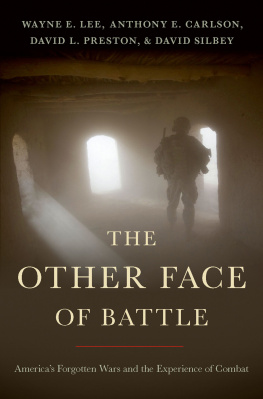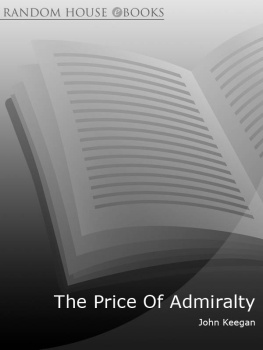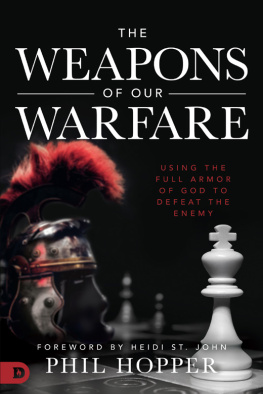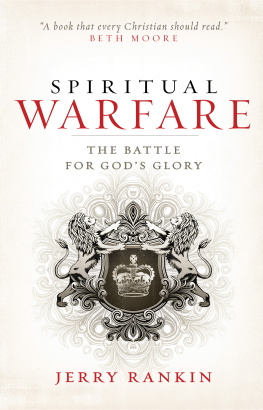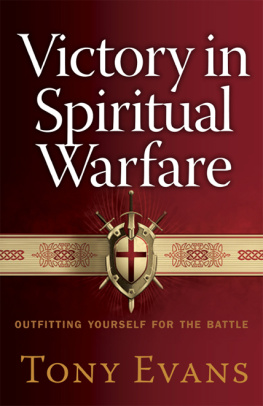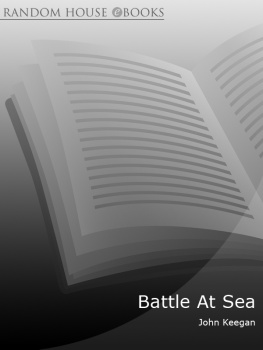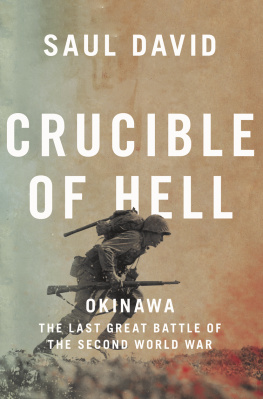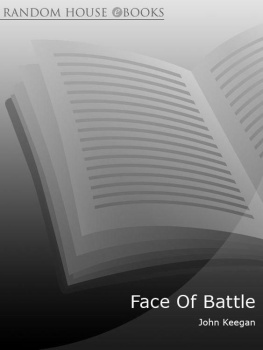THE OTHER FACE OF BATTLE

Oxford University Press is a department of the University of Oxford. It furthers the Universitys objective of excellence in research, scholarship, and education by publishing worldwide. Oxford is a registered trade mark of Oxford University Press in the UK and certain other countries.
Published in the United States of America by Oxford University Press
198 Madison Avenue, New York, NY 10016, United States of America.
Wayne Lee, David Preston, David Silbey, Anthony Carlson 2021
All rights reserved. No part of this publication may be reproduced, stored in a retrieval system, or transmitted, in any form or by any means, without the prior permission in writing of Oxford University Press, or as expressly permitted by law, by license, or under terms agreed with the appropriate reproduction rights organization. Inquiries concerning reproduction outside the scope of the above should be sent to the Rights Department, Oxford University Press, at the address above.
You must not circulate this work in any other form and you must impose this same condition on any acquirer.
CIP data is on file at Library of Congress
ISBN 9780190920647
eISBN 9780190920661
DOI: 10.1093/oso/9780190920647.001.0001
Contents
Over the course of the last two decades the study of war has changed profoundly, becoming more demanding and more sophisticated. War can be studied at its different levels of strategy, operations, and tactics, or one can turn to logistics, home front effects, institutions, mobilizations, technology, and more. Inevitably, none of those can truly be dealt with in isolation, and yet each exists within its own chronological, geographic, and cultural context. The Other Face of Battle seeks to capture the personal experience of combat across a wide spectrum of American history, and particularly to highlight how that experience was (and is) affected by combat across cultural boundaries. To do this we chose to write this book together, taking advantage of our separate expertise in different conflicts and periods and yet hoping to tell a single story about the American experience of war. Over its history, the country has fought enemies from many different cultures. Ultimately, we argue that this not only made the wars different but also changed the experience of battle. That difference affected strategic outcomes, and it affected the men and women who experienced it and then returned home bearing its scars.
Good history speaks to the present. We seek to remind our fellow citizens of the costs of combatcosts that persist well past its nominal ending. The United States currently deploys more force abroad than any other nation on earth; the nation must take responsibility for that, and for the men and women we send out. Finally, we seek to highlight the very strong likelihood that whatever conflict we fight next is not likely to be the one we expect. That disconnect has had, and will have, implications for American soldiers in combat.
Wayne Lee writes: I am grateful to the many scholars who have helped along the way, notably Greg Daddis, Jim Lacey, and Rhonda Lee. My fellow authors in this volume have been models of how to cooperate and get things done.
David Preston writes: I am grateful to my coauthors and will always treasure our collaboration and friendships. LTC Jason Warren and his outstanding J5 team at Joint Force Headquarters provided enormously helpful insights during our staff ride of Braddocks Expedition in 2018, as did Ed Lengel and Jack Giblin at a roundtable presentation on Braddocks Defeat at the U.S. Army Heritage and Education Center. I remain ever grateful to friends and colleagues at George Washingtons Mount Vernon, including Doug Bradburn, Kevin Butterfield, Stephen McLeod, and Joe Stoltz. I am also thankful to board members of the Braddocks Battlefield History Center and the Braddock Road Preservation Association and colleagues at the Fort Necessity National Battlefield as we advance the preservation and interpretation of the French and Indian War era. Many other colleagues have provided support, insight, inspiration, and friendship: Norman Baker, Walter and Nancy Bunt, Jason Cherry, Doug Cubbison, Matt Davenport, Christian Fearer, Joseph Gagn, Alan Gutchess, Rick Herrera, Paul Johstono, Matthew Kutilek, James Kirby Martin, Bob Nipar, Erica Nuckles, Walter Powell, Rob Shenk, Kyle Sinisi, Bruce and Lynne Venter, and Jim Wordsworth. I am grateful to my Citadel colleagues and especially to The Citadel Foundation, which has generously provided my research support for this volume. Finally, my wife and family have my eternal thanks and love for how they keep me grounded on what truly matters in life.
David Silbey writes: This work would not have been possible without the loving support of my wife, Mari, and my daughter, Madeline. Theyve heard enough war stories to write a book of their own. The support and advice of my parents was also crucial: my dad, who was there for the start of the project but did not live to see the end, and my mom, who carried him further than it seemed possible. My part of this project is for them.
Tony Carlson writes: I am particularly grateful to Wayne Lee for the invitation to contribute to this book. I also extend my hearty thanks to my coauthors and fellow bourbon connoisseurs for their constructive criticism of my work and equally valuable friendships. Tim Bent and the staff at Oxford have earned my highest praise as well. Rick Herrera, Don Wright, Tom Hanson, Kevin Hymel, Jacob Stoil, Bruce Stanley, and Yannick Michaud read and commented on earlier drafts, sharpening my prose and improving my ideas. I, too, am indebted to the leadership and staff at the School of Advanced Military Studies, specifically Scott Gorman, Rich Dixon, Kirk Dorr, Candi Hamm, and Anna White, for their invaluable, enthusiastic support. The soldiers of the 2nd Brigade Combat Team, 101st Airborne Division (Air Assault) who fought in Zhari and generously sat for oral history interviews and answered countless nagging emails and texts have made this study unique and possible. I can never repay them. Mom and Dad, thanks for believing in me. I would be nowhere professionally without the sage advice, wisdom, and generosity of Don Pisani, and I thank him for being an inestimable mentor. Finally, Tera knows her innumerable contributions and sacrifices, and I appreciate her more than she knows. The opinions and views expressed throughout are mine alone and do not reflect the position of the U.S. government, the Department of Defense, or the army.
We are all grateful to Tim Bent, our editor at Oxford, for his support and guidance in this project; it has been a pleasure working with him. Matilde Grimaldi prepared all the maps with remarkable speed and precision.
The familiar snap of flags in the breeze mixed uneasily with the distant sound of enemy laughter, and the discordance unsettled and irritated Captain John Underhill. Underhill, a professional soldier hired to advise the Massachusetts Bay colonists, was trained in the cutting-edge discipline that was characteristic of the Dutch army. Enemy laughter on the eve of battle was not something he was used to hearing, and it suggested a level of enemy confidence that he found disconcerting. Beginning in 1630 he had lived with and trained the settlers for some seven years, using the standard English militia practices of the era, no doubt infused with his own love of order and spectacle as he had experienced it in the Prince of Oranges guard. Despite their frequent tensions with Native Americans, which had sometimes produced violent moments, the colonists had thus far avoided outright war with their near neighbors.

